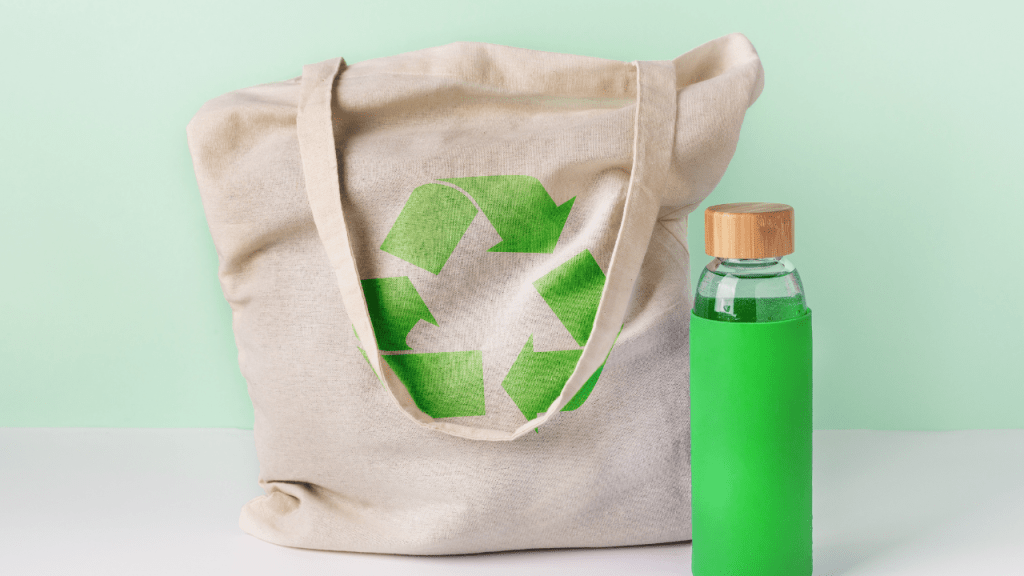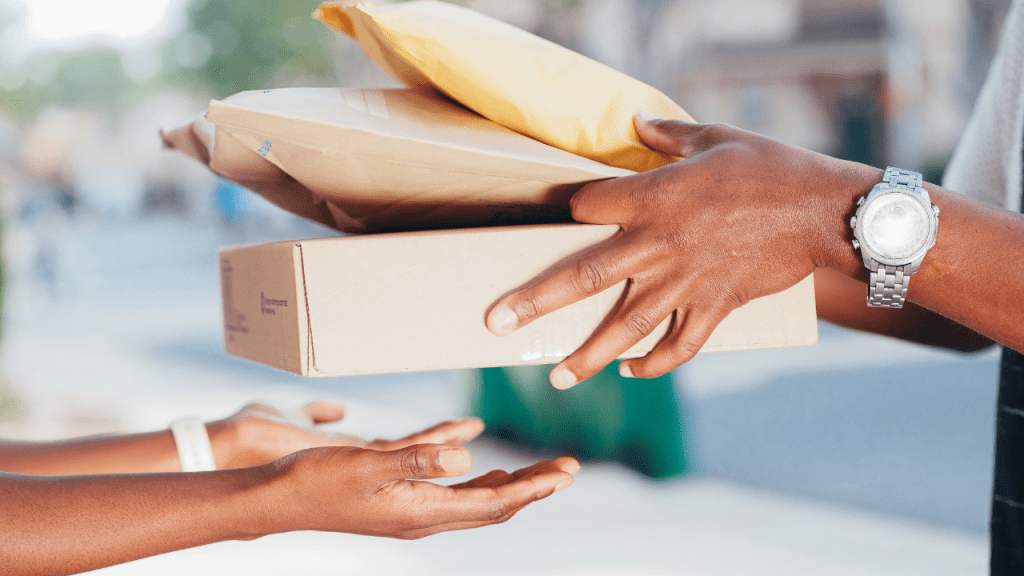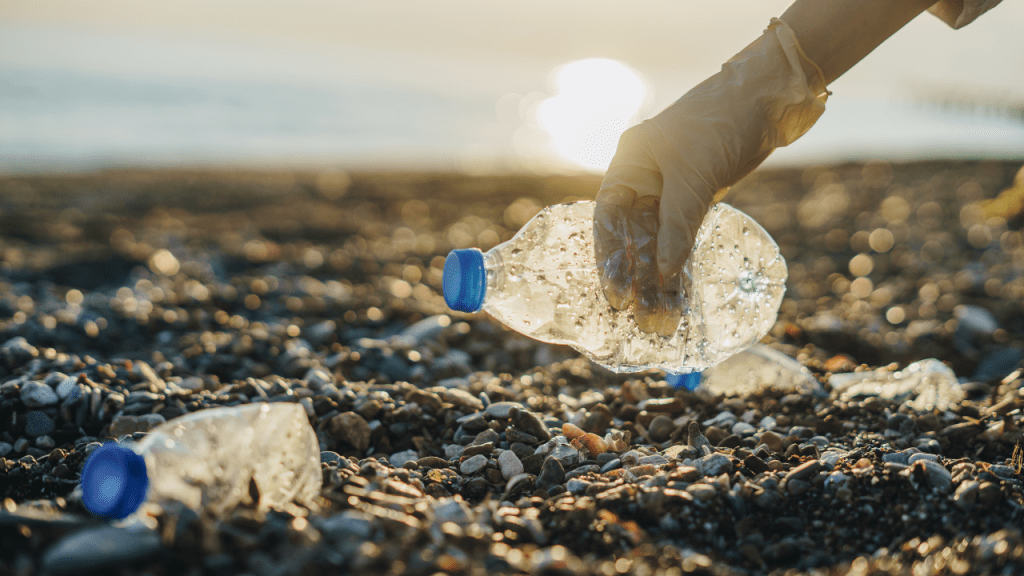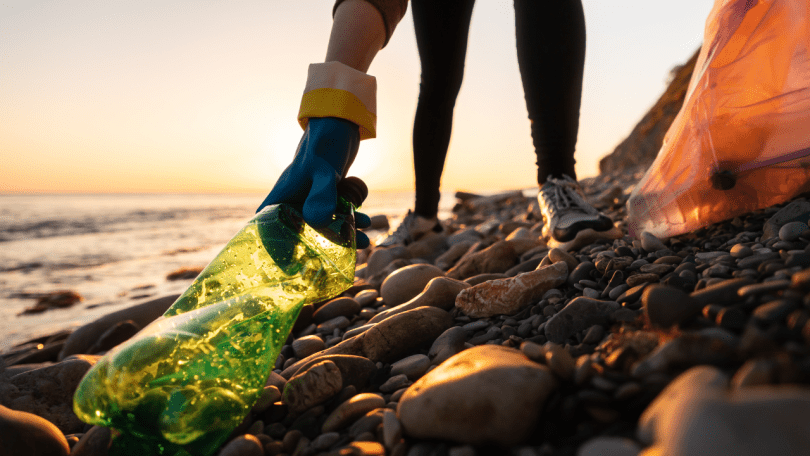The ocean is home to countless species and vital to our planet’s ecosystem, yet it is drowning in plastic waste. Every year, millions of tons of plastic end up in our oceans, harming marine life, polluting beaches, and threatening human health.
However, reducing ocean plastic doesn’t require grand gestures—small, intentional changes in our daily lives can make a significant impact.
1. Choose Reusable Bags Over Plastic Ones

Every year, trillions of plastic bags are used worldwide, most of which end up in landfills or the ocean. By switching to reusable bags made from cloth or other durable materials, we can drastically reduce the amount of plastic waste we generate.
Why it matters: Plastic bags are lightweight and easily blown by the wind, making them more likely to end up in waterways. Marine creatures often mistake plastic bags for food, which can lead to ingestion and death.
Learn more about the dangers of plastic bags to marine life here.
2. Opt for Stainless Steel or Glass Bottles

Single-use plastic bottles are one of the most commonly found items on beaches and in ocean debris. By opting for a stainless steel or glass bottle, you help reduce the demand for plastic.
These alternatives are durable, reusable, and environmentally friendly, cutting down on the need for disposable plastic bottles that can take hundreds of years to decompose.
3. Avoid Plastic Straws and Utensils

Plastic straws and utensils are a common item found in ocean trash. These tiny plastic items may seem insignificant, but when multiplied across the globe, their impact is enormous. By switching to metal, bamboo, or reusable alternatives, you can help reduce ocean pollution.
4. Choose Plastic-Free Packaging

Another easy swap is to choose products with plastic-free packaging. From food to cosmetics, there are countless products on the market with eco-friendly packaging made from materials like paper, glass, or cardboard.
5. Participate in Beach Cleanups

While making swaps in your daily life is important, it’s also vital to actively engage in efforts to clean up the ocean. Participating in or organizing beach cleanups is a great way to help reduce plastic waste in the ocean.
Not only do these efforts directly remove trash, but they also raise awareness about the importance of keeping our oceans clean.
Want to understand another serious threat to our oceans? Read: What You Need to Know About Ocean Acidification and Its Effects
Conclusion
While the problem of ocean plastic can seem overwhelming, it’s important to remember that every small action counts.
By making conscious choices—like opting for reusable bags, bottles, and utensils, and supporting plastic-free products—we can all play a role in reducing plastic waste. Together, these simple swaps can create a cleaner, healthier ocean for generations to come.









